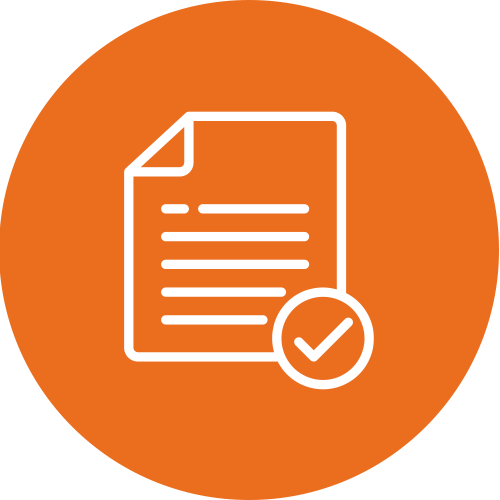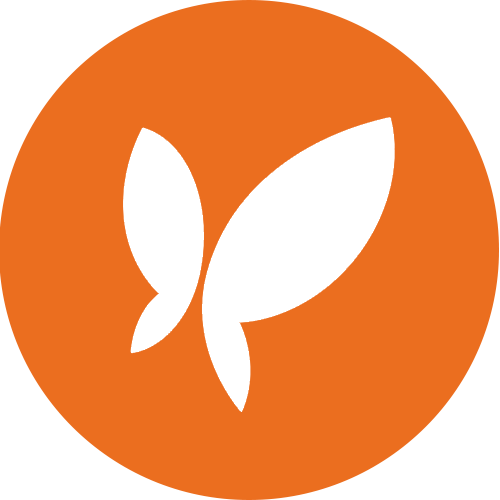Early Intervention (Birth-3 years)
The New Jersey Early Intervention System (NJEIS) under the Department of Health implements New Jersey’s statewide system of services for infants and toddlers, birth to age 3, with developmental delays or disabilities and their families. State Early Intervention programs are governed by Part C of the Individuals with Disabilities Education Act (IDEA).
Since the median age of diagnosis is 3 to 5 years old, the opportunity for early intervention services is sometimes missed altogether. Nevertheless, accessing intervention as early as possible can improve outcomes.
Eligibility
In New Jersey, children are evaluated using a standardized assessment tool and are eligible for NJEIS when:
In technical terms, children are considered eligible when they are experiencing a developmental delay that meets these criteria:
Children are evaluated in the following developmental areas:
Children with a documented diagnosis of an autism spectrum disorder are determined eligible for the NJEIS.
Accessing Early Intervention Services
A parent who is interested in accessing NJEIS services should call 888.653.4463. A service coordinator will talk with families about their concerns. If the family consents, the service coordinator will work with the family to schedule an evaluation of their child’s developmental levels and needs. Children who have a diagnosis prior to their referral to NJEIS will also have an assessment conducted by a NJEIS team to determine developmental levels and needs. Evaluation and assessment services are provided at public expense with no cost to families.
Services
Following the evaluation process, an Individualized Family Service Plan (IFSP) is written at a meeting with the family, the service coordinator, at least one member of the evaluation team and anyone else the family wishes to include. The IFSP is a written document that identifies services and supports needed for the child and family. It is based on information collected from the family, as well as from the evaluation and assessment.
In order for the child to receive services, the parent must consent to the plan. Parents have the right to withdraw consent at any time. Out of the services offered, parents can reject some services and accept others. The plan is reviewed every six months, or more frequently as appropriate to make sure it continues to meet the needs of the child and family. At least once a year, parents participate in a meeting to review their child’s outcomes and IFSP services for any changes needed. The meeting must be held at a time and location that is agreeable to the family and in the language or method of communication that is used in their home.
Early intervention may include the following services:
Transition to Preschool
An important part of early intervention services is assisting children and families to make the move from the early intervention program as smooth as possible. This process is called transition. When a child is approximately 2½ years old, a transition information meeting will be held with the parents, service coordinator, and others who have worked with the child and family to begin planning for services and supports that might be needed when the child turns 3. As in other meetings about a child’s needs and progress, it is essential that parents are part of the planning. As a child approaches 3 years of age, the service coordinator will help with transition from early intervention to a preschool program which may be provided by their local school district, and/or other service providers, based on the child’s needs.
Financial Contribution
The Department of Health has set up a Family Cost Participation system to determine each family’s ability to contribute toward NJEIS services. Based on family size and household income, NJEIS determines the per hour co-pay for a family. This amount cannot exceed the actual cost of service and will not be more than 5% of the family’s monthly income. Families with an annual income at or above 300% of the federal poverty level will be required to participate in the costs of NJEIS services provided. Families must agree to provide required income documentation to determine family cost participation for services. Click here for more information about cost participation contributions.
Helpful Hints for Receiving Appropriate Early Intervention Services
The service coordinator should fully understand the child’s and family’s needs. Similarly, parents should become familiar with NJEIS terminology and what the system does and does not offer. For example, in NJEIS, one of the services is called “Developmental Intervention,” and it takes many forms based on the child’s needs.
Methods based on the principles and practices of applied behavior analysis (ABA) fall under the category of Developmental Intervention. Thus, if a parent would like to request ABA services, they can do so within the discussion of what type of Developmental Intervention they see as the best fit for their child and family.
Family Rights
Family rights while accessing Early Intervention services include:
- The right to choose to use the services offered by the Special Child, Adult and Early Intervention Services Service Coordinator
- The right to say no to some services and to choose only the services wanted
- The right to be involved with the decisions made concerning their child
- The right to have all information explained to them in their primary language or in other ways that they will understand
- The right to the development of an Individualized Family Service Plan (IFSP) within 45 days of the date the child is referred if he/she is found eligible for services
- The right to receive services listed in the Individualized Family Service Plan (IFSP)
- The right to referral, evaluation and assessment, IFSP development and review, service coordination, and protection of family rights at no cost. Parents may be charged for other services but an inability to pay will not prevent the child from receiving help
- The right to ask to change service coordinators
- The right to receive services in the child’s natural environments
- The right to have all information about the child treated as private and confidential
- The right to review the child and family’s early intervention record at any time
- The right to conflict resolution procedures to settle any disagreement over the services related to the child and the family
If a family cannot come to an agreement with the service coordinator about the child’s services, or feels that the child’s service coordinator is not providing the services in the IFSP, there are specific steps to take. These procedures are described in the New Jersey Early Intervention System Family Rights Handbook.
Child Development
Sometimes, parents have concerns over their children’s development. They wonder if their children are achieving the developmental milestones on time. Often parents feel unsure of what developmental milestones their children should be achieving and at what age they should achieve them by. Visit our Diagnosis section to familiarize yourself with common activities that your child should be able to perform during different stages of development.







